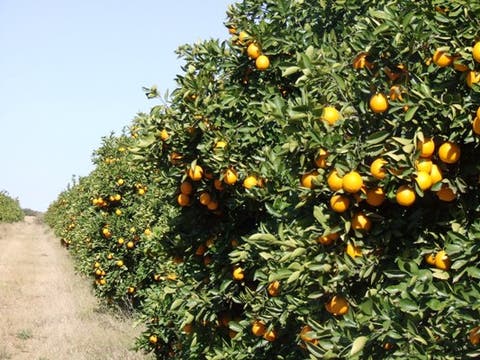‘EU new requirements to affect citrus exports’
ZIMBABWE’S trade promotional body, ZimTrade has hinted that the country’s citrus exports to the European Union (EU) are likely to be affected by new pre-cooling requirements put in place by the bloc and also present opportunities to diversify markets, which will ensure continued exports for farmers in the subsector.
EU is Zimbabwe’s largest importer of citrus fruits.
In its March newsletter, ZimTrade said as of 14 July last year, the EU gazetted that for the first time, imports of citrus fruit must undergo specified mandatory cold treatment processes and pre-cooling steps for specific periods of up to 25 days of cold treatment before importation.
ZimTrade
These processes must be conducted in the exporting country before the consignments are shipped, it noted. ZimTrade said the measure will affect Zimbabwean exports of citrus, as companies are still in the process of installing the pre-cooling systems as it is also a requirement for the export of citrus to China under the new citrus protocol.
“Until the new regulation, citrus fruits were freely imported to the EU provided that it was subject to an effective systems approach or another effective post-harvest treatment to ensure freedom from false codling moth.
citrus fruit trees-Image taken from Shutterstock
“As of 14 July 2022, the EU gazetted that for the first time, imports of citrus fruit must undergo specified mandatory cold treatment processes and precooling steps for specific periods (up to 25 days of cold treatment) before importation,” said ZimTrade.
“These phytosanitary requirements apply to all imports, irrespective of whether the importing member has an effective systems approach like “Citrus Systems Approach” or has another effective post-harvest treatment to ensure freedom from false codling moth,” said ZimTrade.
“The EU’s new requirements impose significant changes on the importation of citrus fruit (Adapted from WT/DS613/1 G/L/1430 G/SPS/- GEN/2056). The transitional regime applied from 14 July 2022 to all imports entering the EU market until 31 December 2022, while the definitive regime started being applied from 1 January 2023.”
However, ZimTrade said January statistics from ZimStats showed there was a 13 percent increase in the exports of horticulture from US$2,4 million in the same period last year to US$2,7 million.
“According to the same data, citrus exports in January 2023 amounted to US$123 000 up from in January 2022, US$2 000. Citrus season in Zimbabwe is from March to September therefore we expect the export figures to start picking up,” said ZimTrade.
Although the new measures might delay exports for companies that are still to meet the new requirements, there is scope to diversify markets, which will ensure continued exports for farmers in the subsector.”
Zimbabwe is on the quest to diversify its export markets, a mandate which resulted in Zimbabwe and China signing a citrus protocol in 2021.
Money – Image taken from Pixabay
ZimTrade said plans are currently underway to have the first shipment of citrus when the 2022 citrus season begins.
Zimbabwe used to have about 10 000 hectares of land under citrus farming but at the moment estimates indicate this has dwindled to around 5 000 hectares with citrus production having shifted from the northern part (Mazowe) to the southern part (Beitbridge).
Citrus production has huge potential to turn around the Matabeleland South economy, create jobs and also feed into the national fiscus. –chronicle.cl.zw









